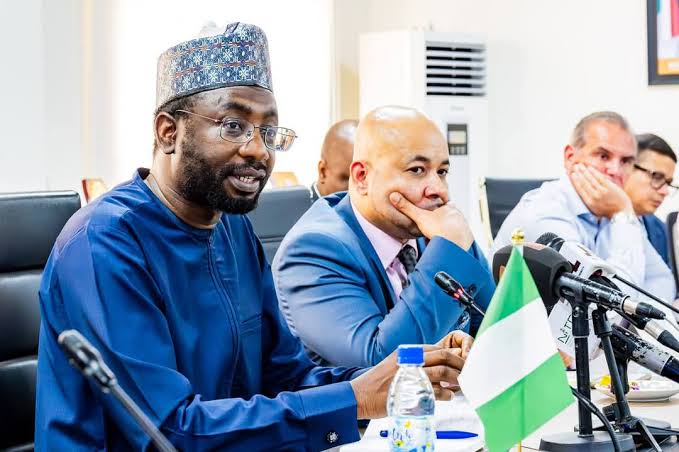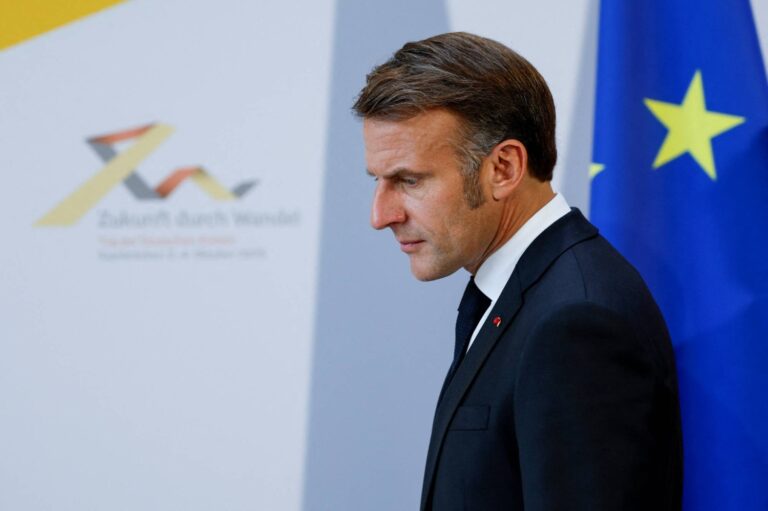
Abuja, Nigeria – Nigeria’s National Information Technology Development Agency (NITDA) is aggressively pursuing international partnerships in a bid to transform the country into a leading digital economy, but questions remain about whether these efforts can overcome persistent challenges in infrastructure and governance.
Under the leadership of Director-General Kashifu Inuwa Abdullahi, NITDA has forged alliances with major tech companies like Microsoft, Cisco, Meta, and Amazon Web Services (AWS), as well as international organizations like the International Telecommunication Union (ITU). The stated goal is to attract foreign investment, foster local innovation, and develop a skilled workforce in areas such as artificial intelligence, cybersecurity, and cloud computing.
See more: Nigeria Grapples with Insecurity: Police Chief Outlines Strategy to Combat Banditry and Kidnapping
“Our goal is to create a digitally inclusive economy where Nigeria does not just consume technology but creates it—and exports it,” Inuwa stated.
These partnerships focus on capacity building, startup acceleration, policy development, and infrastructure improvements, particularly in broadband access and smart city initiatives. NITDA’s efforts are aligned with President Bola Ahmed Tinubu’s “Renewed Hope Agenda,” which prioritizes technology as a key driver of economic growth and diversification.
However, Nigeria’s digital ambitions face significant hurdles. Despite having a large and youthful population, the country struggles with unreliable electricity, limited internet access in rural areas, and a complex regulatory environment. Corruption and bureaucratic inefficiencies also remain major obstacles to attracting foreign investment and fostering innovation.
“NITDA’s initiatives are promising, but they need to be accompanied by broader reforms to improve the business climate and address fundamental infrastructure gaps,” says technology analyst Gbenga Ojo. “Without reliable power and internet, it will be difficult for Nigeria to compete with other emerging tech hubs in Africa and beyond.”
Moreover, concerns persist about the potential for these partnerships to primarily benefit foreign companies at the expense of local businesses. Ensuring that Nigerian entrepreneurs and innovators have equal access to resources and opportunities will be crucial for building a truly inclusive digital economy.
NITDA’s vision is to position Nigeria as a leading digital innovation hub in Africa. Whether it can overcome these challenges and translate its ambitious goals into tangible results remains to be seen. The international community will be watching closely to see if Nigeria can create a sustainable and equitable digital ecosystem that benefits all its citizens.



